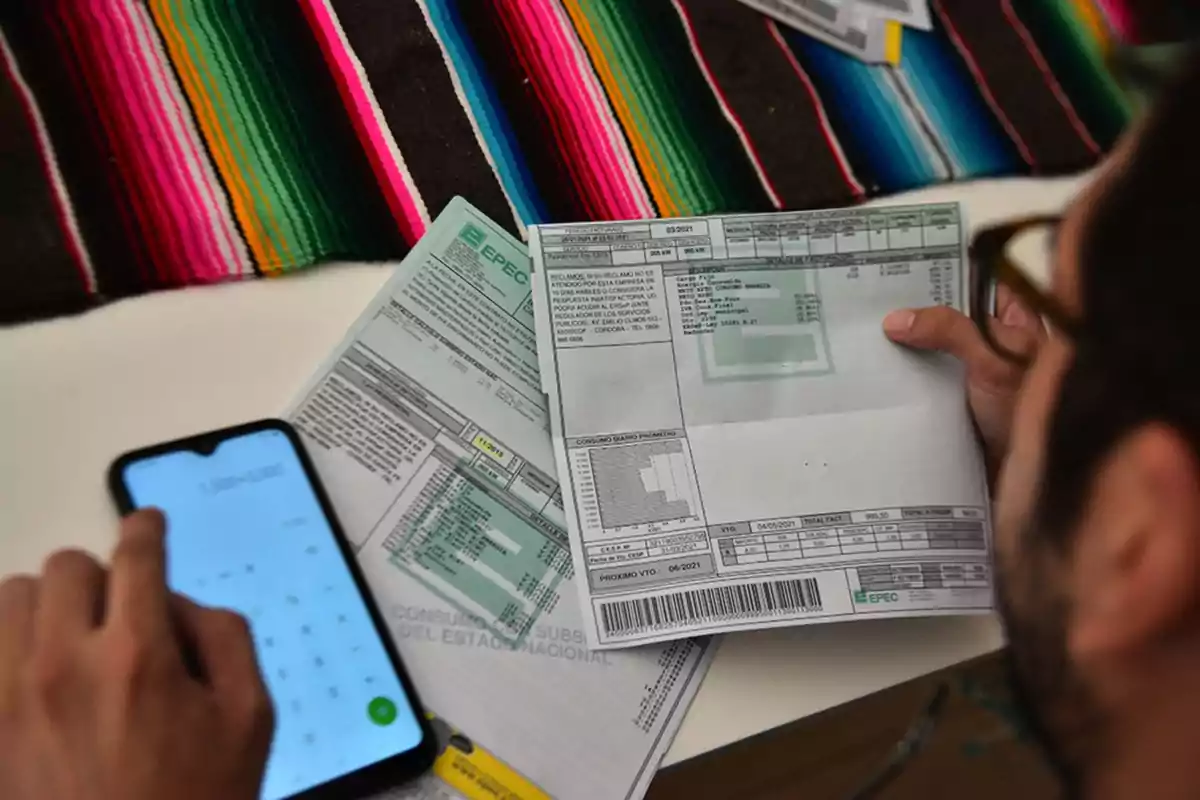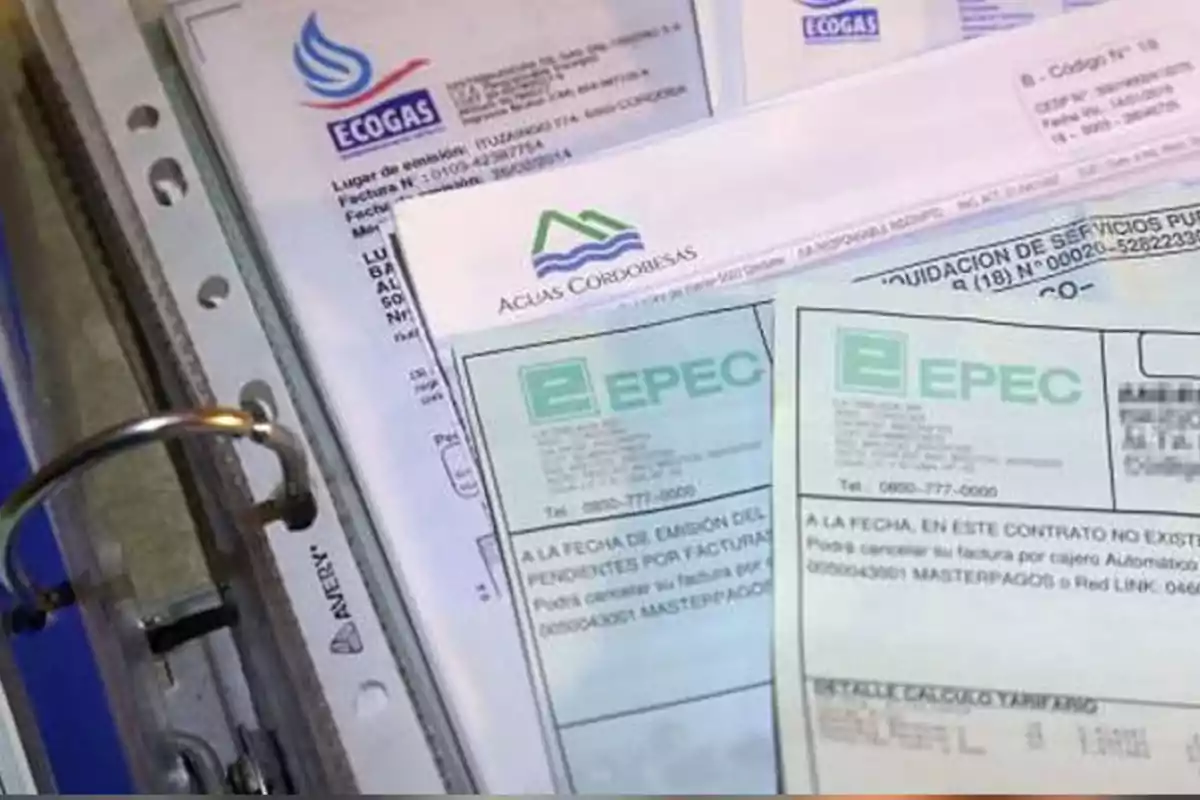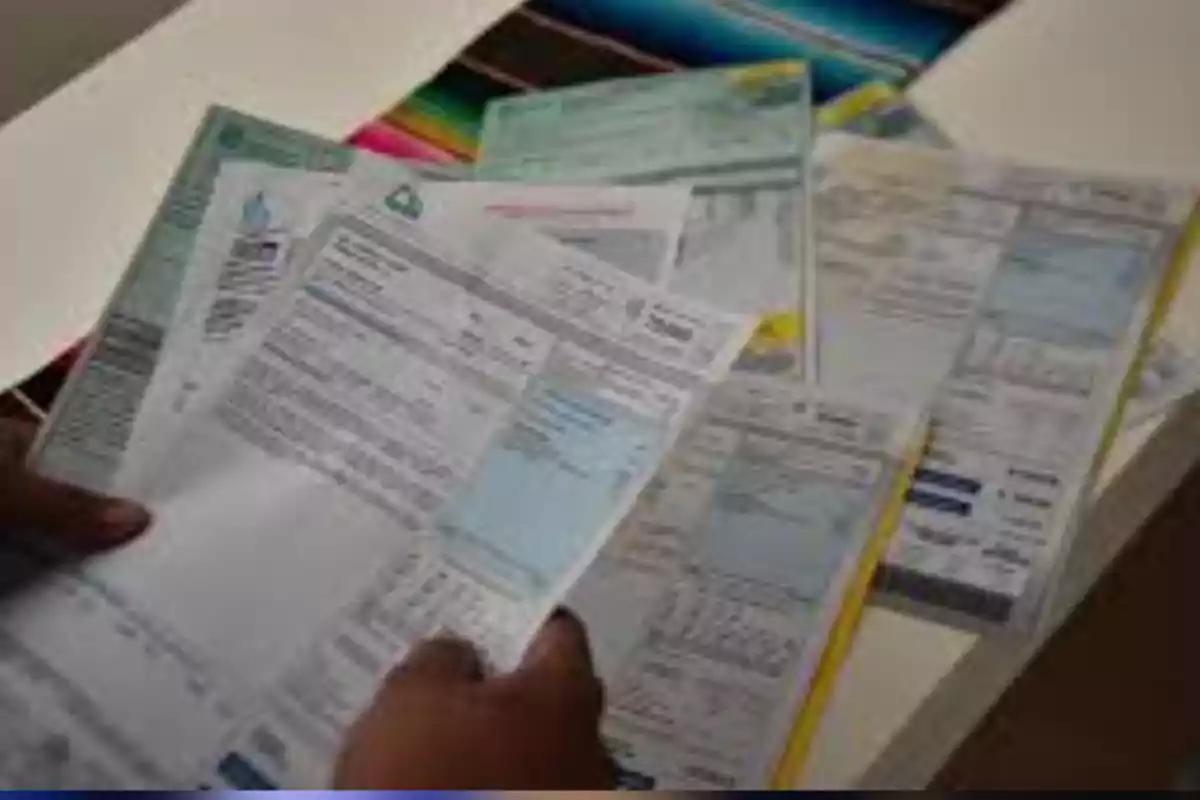
Córdoba: the increases in electricity, gas, water, and tolls that have surpassed salaries and pensions
A report reveals that services in Córdoba grew up to six times more than inflation between 2024 and 2025
A report by journalist Laura González on Telenoche exposed how the increases in Córdoba's basic services consumed salaries.The accumulated inflation between January 2024 and July 2025 was 150%, but rates rose far above that. In several cases, the increases exceeded 500%.
The false relief brought by the adjustment of salaries and pensions quickly faded. Water, electricity, gas, and tolls rose disproportionately. Córdoba residents face bills that double and even quintuple the general price index.
The case of water is representative: Aguas Cordobesas went from 4,584 pesos in January 2024 to 19,183 in July 2025. The jump was 322%, twice the inflation rate. In cooperatives in the interior, the increases were similar.

Increases that hit the pocket
Tolls showed an even stronger increase. In a year and a half, they went from 300 to 2,000 pesos, marking a 567% rise. Telepeaje users pay 1,040 pesos, with a 247% increase, still above inflation.
Gas also showed striking figures. In category N1, without subsidies, average consumption went from 5,419 to 30,633 pesos. The increase was 465% in just 18 months.
For N2 users, with a full subsidy, the bill jumped from 2,593 to 26,263 pesos. The increase was 913%, the highest recorded among services.

Electricity and impact on income
Electricity was not exempt from excessive increases either. In Córdoba, EPEC billed 13,488 pesos to N1 users in January 2024. In July 2025, the same bill climbed to 68,500 pesos, a 408% increase.
In categories with partial segmentation, there were also adjustments that exceeded 390%. All this corresponds to average monthly consumption of 200 kW. Neither excess nor luxury justifies increases that wipe out any salary improvement.
The report concludes that increases in services completely absorbed the recovery of income. Córdoba households saw how inflation fell short compared to rates that grew up to six times more.

More posts: